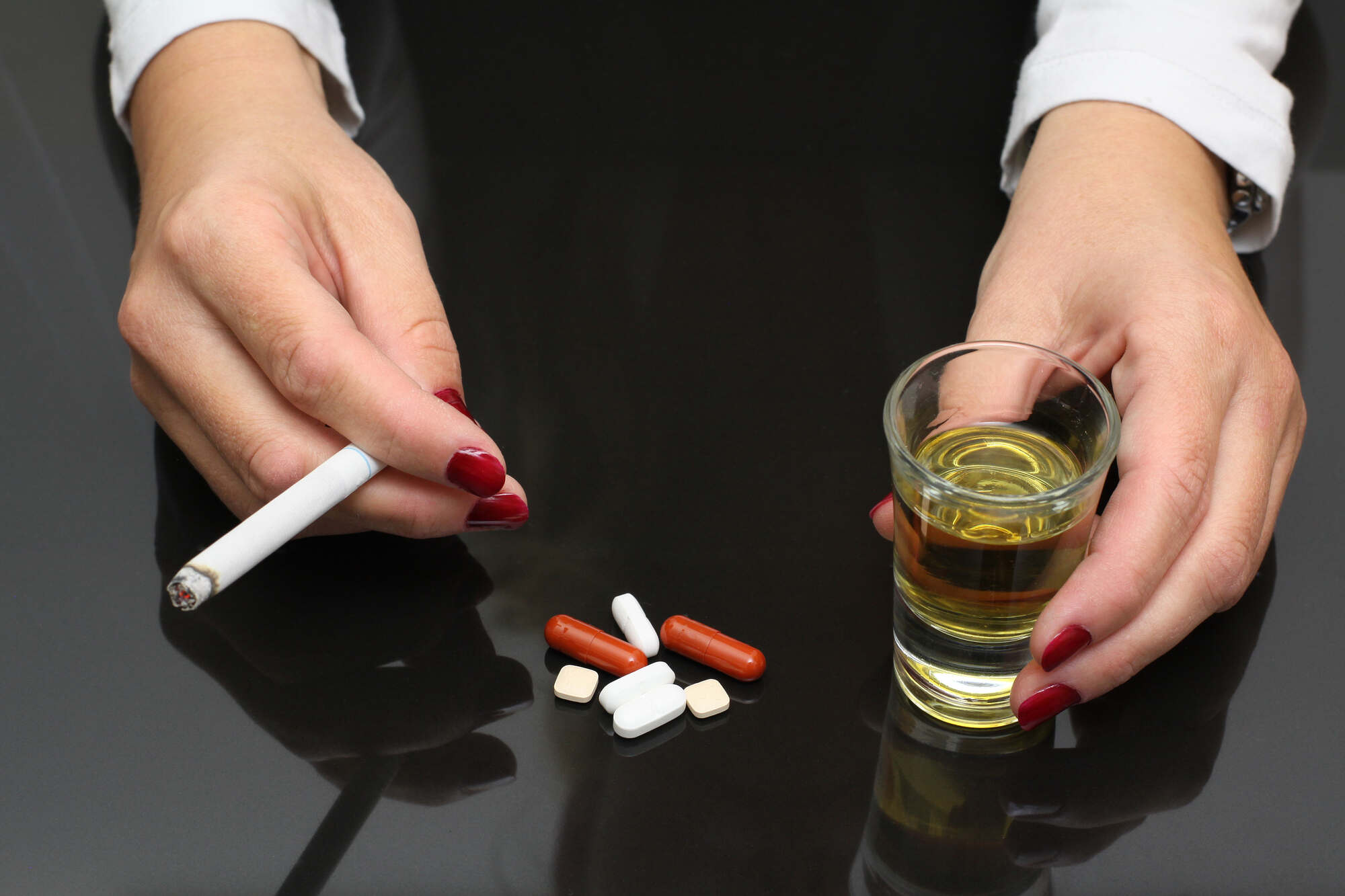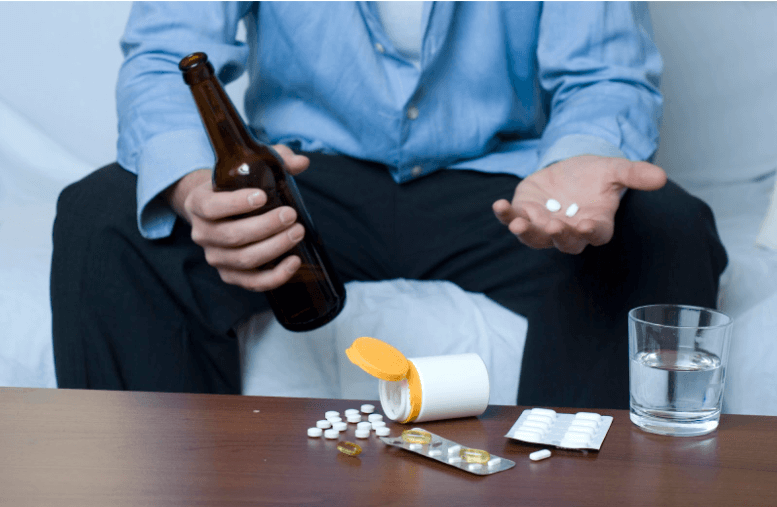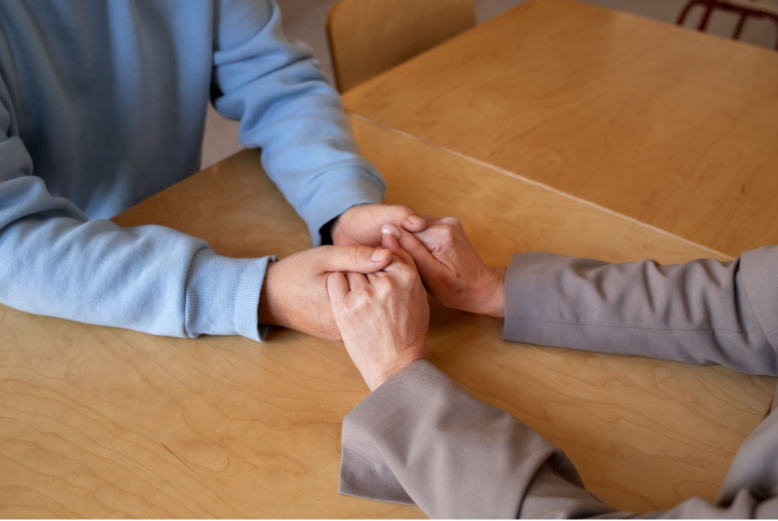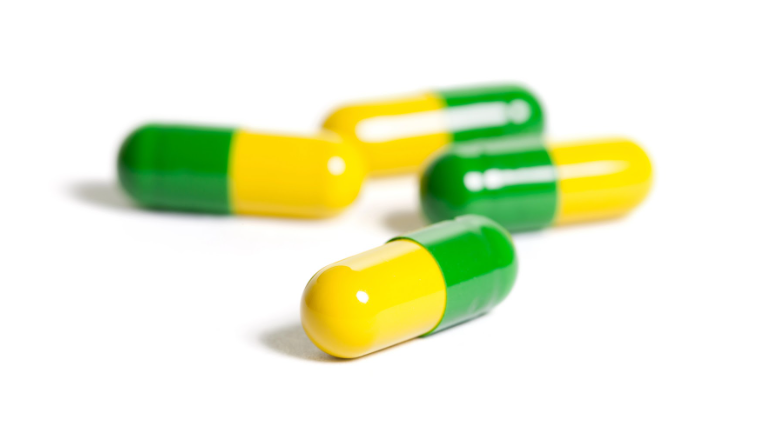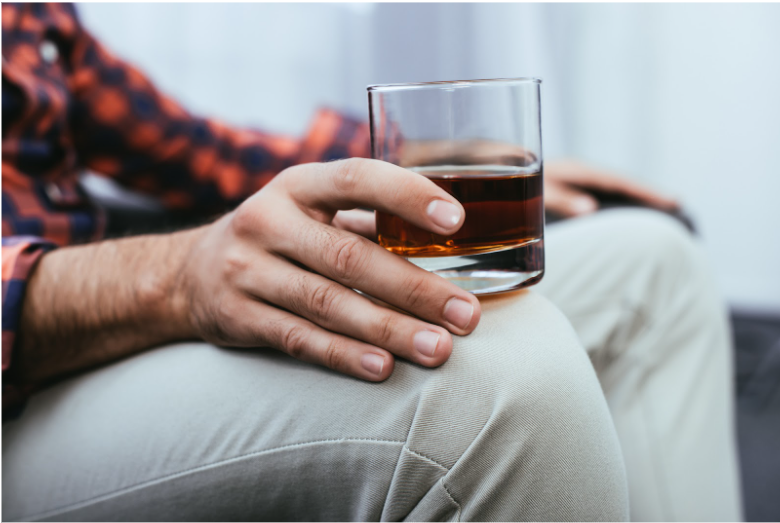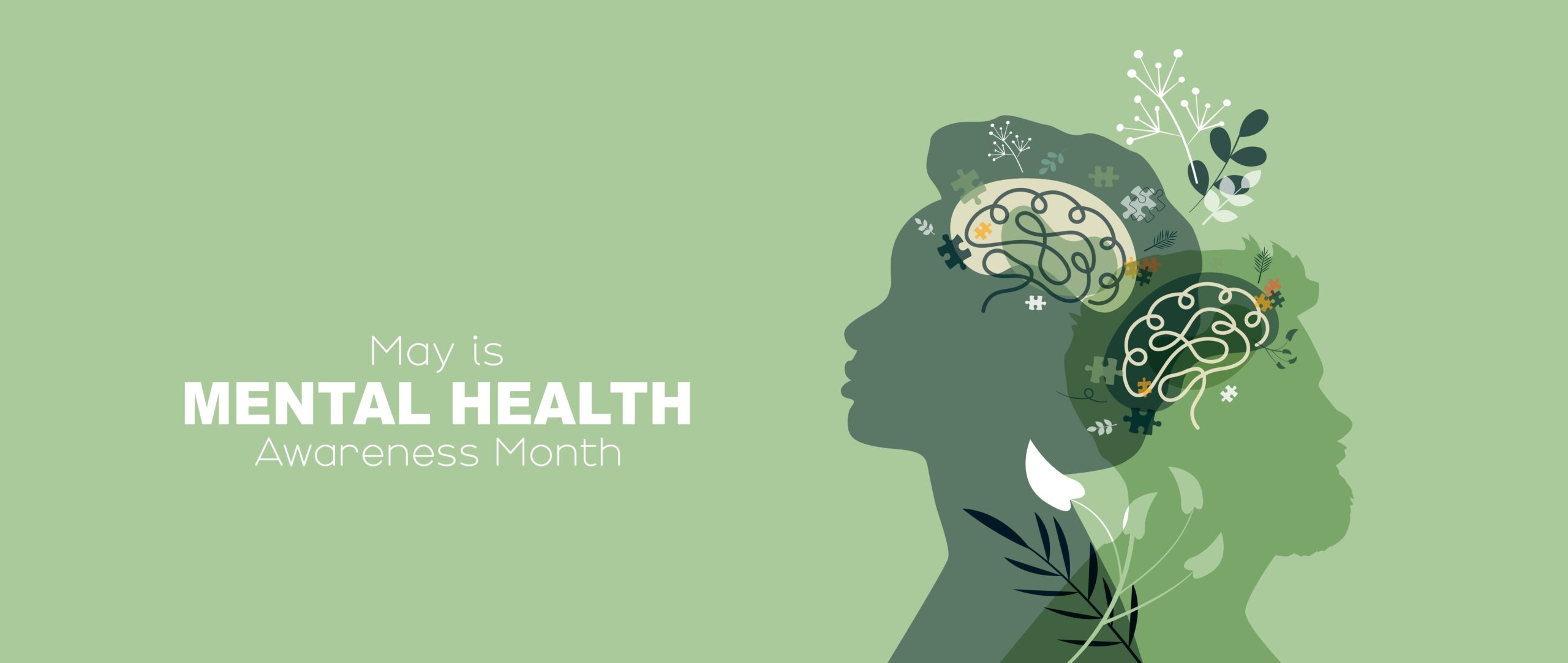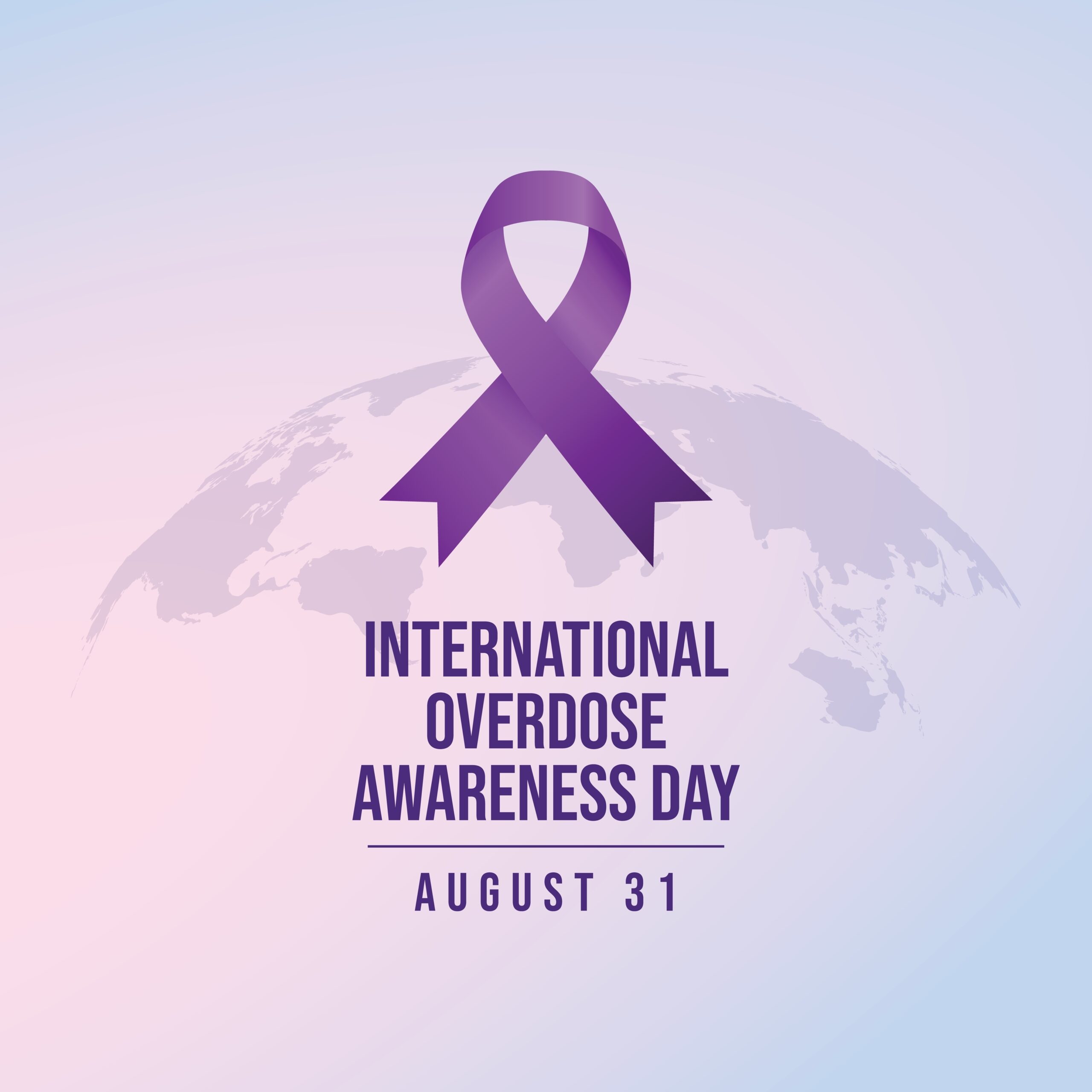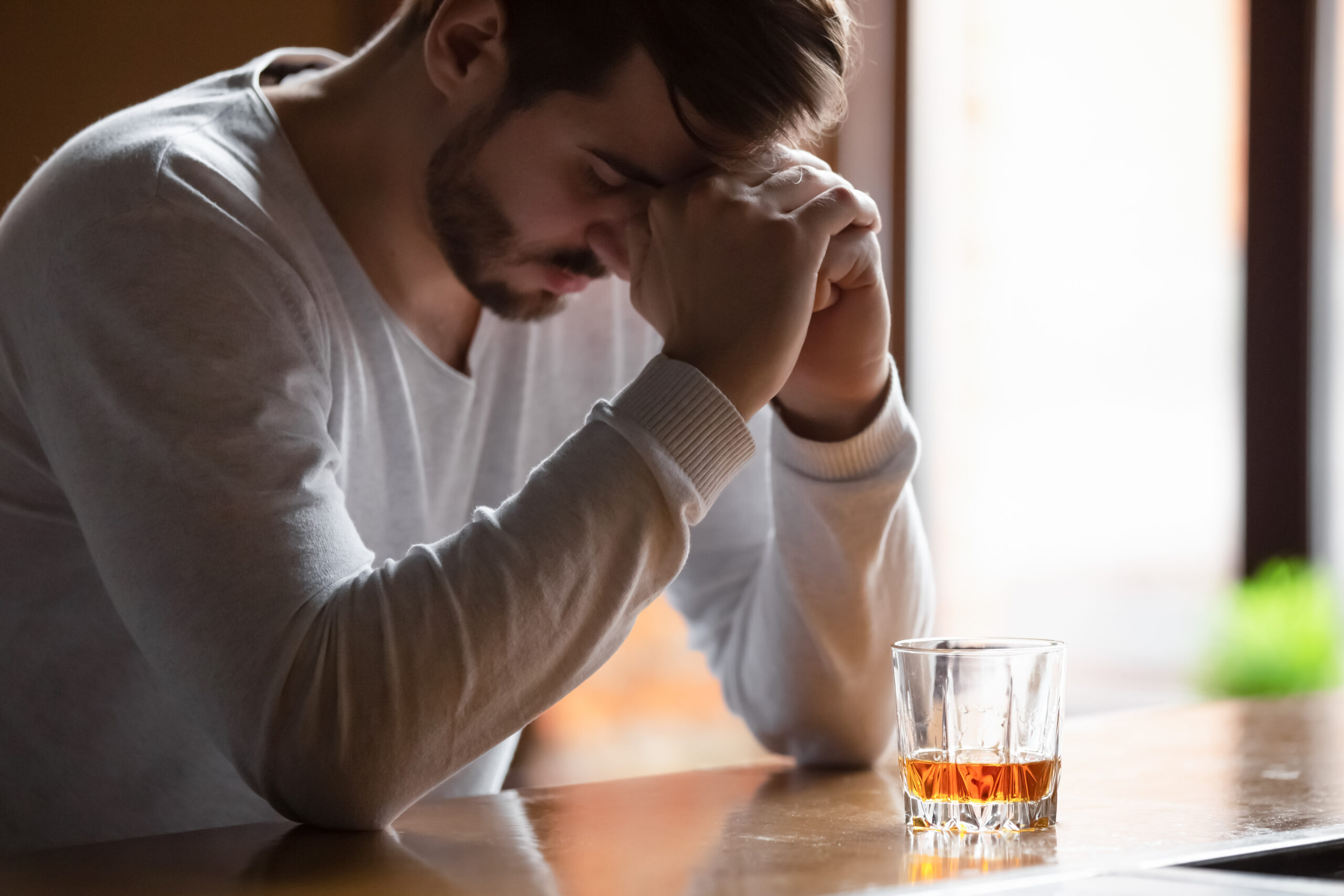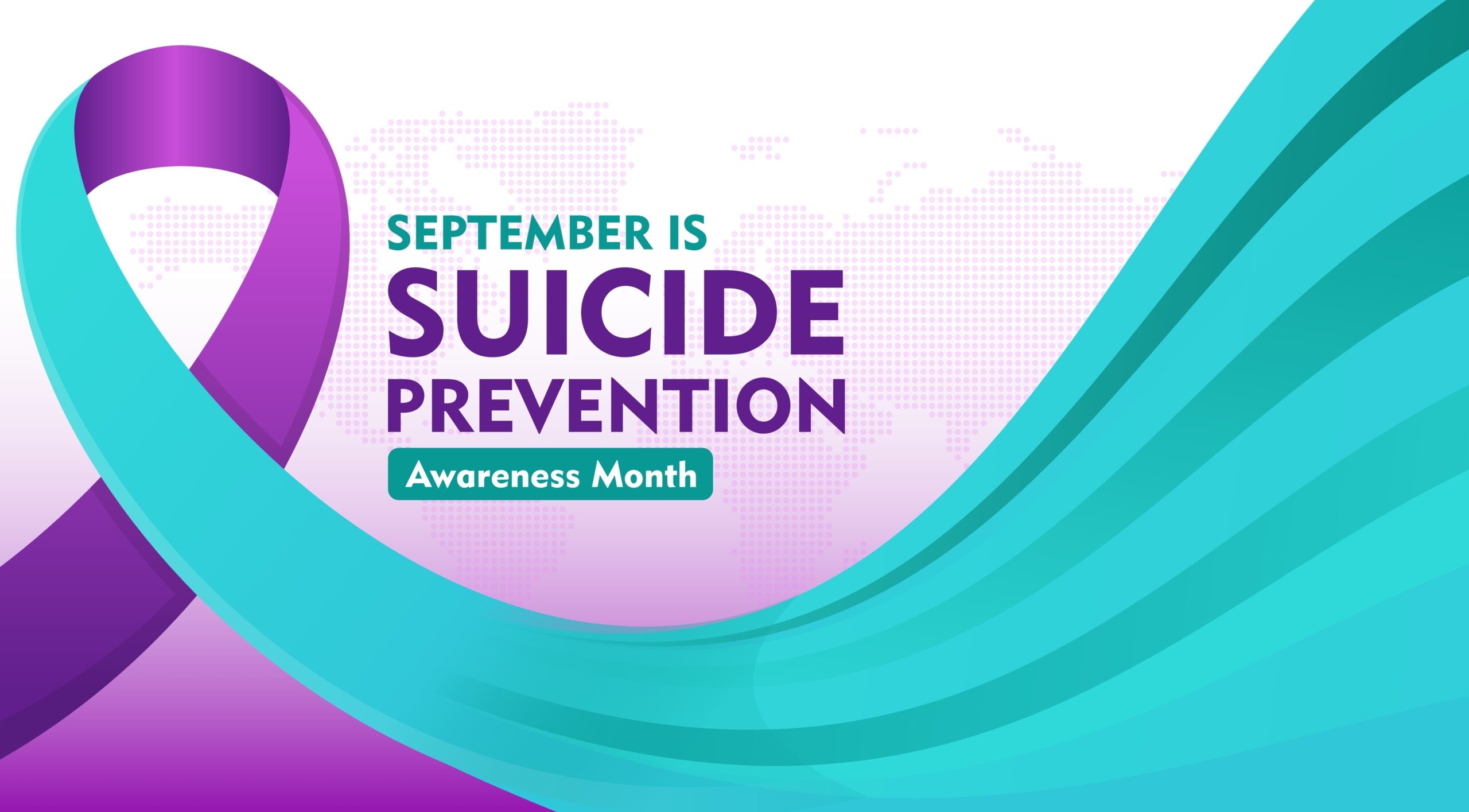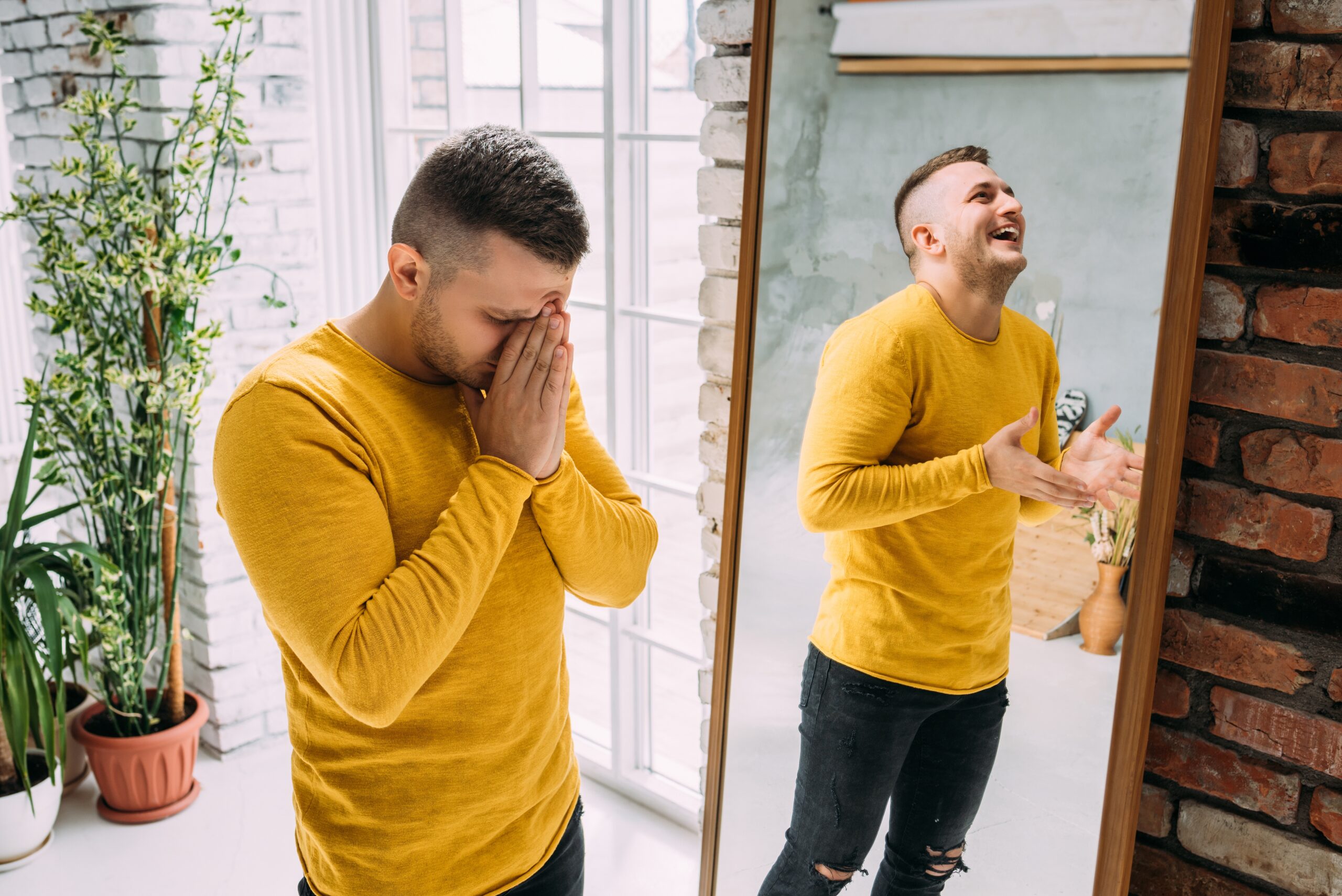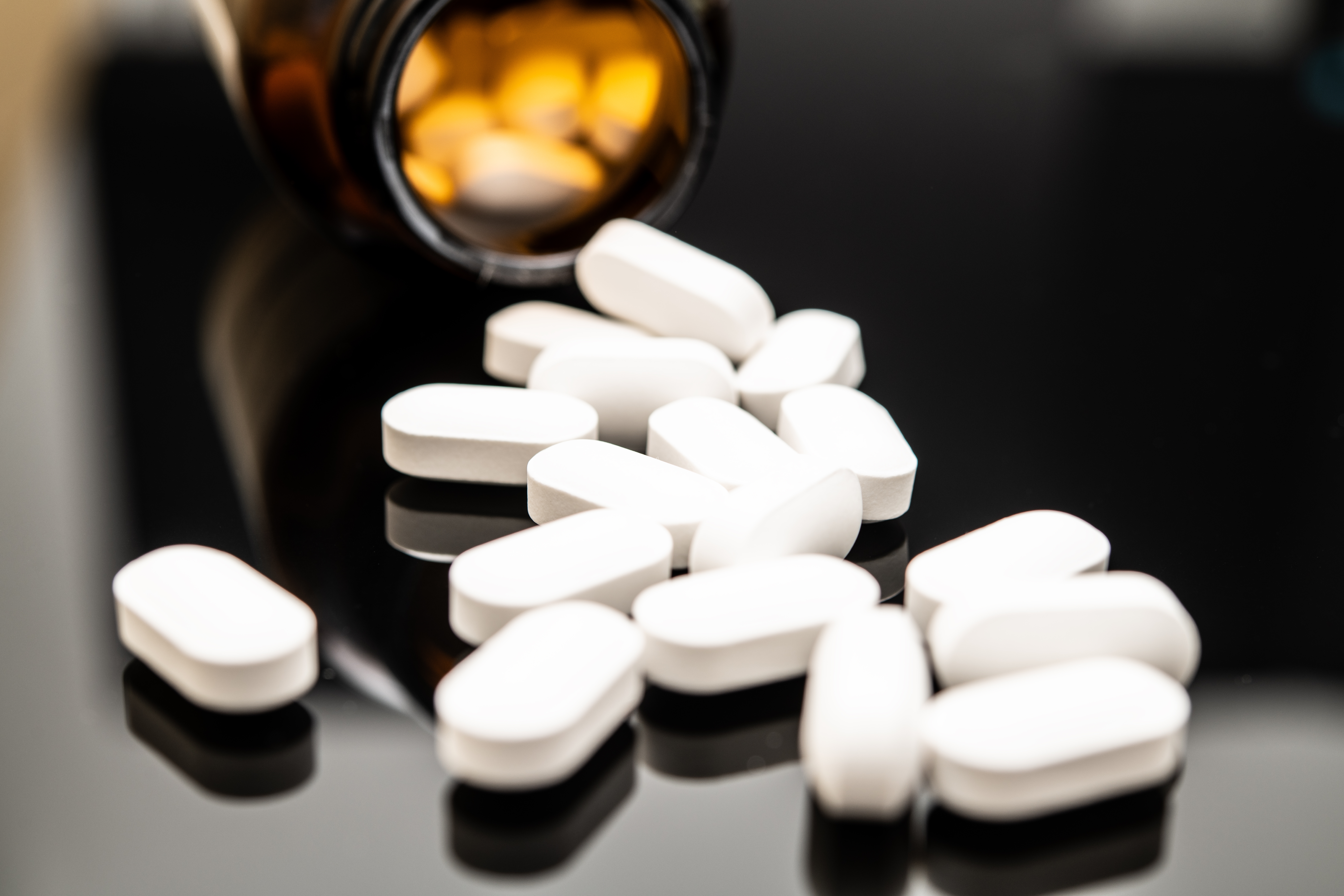Have you ever worried that you or someone you care about might have a problem with drugs or alcohol? It’s a common concern. Millions of people struggle with substance use disorders, but many don’t recognize the warning signs until the problem has spiraled out of control.
In this article, we’ll dive deep into the world of addiction to help you understand what substance use disorders look like, the symptoms to watch for, and the underlying causes that drive people to abuse drugs and alcohol.
By the end, you’ll be armed with the knowledge you need to spot trouble early and get help for yourself or a loved one.
Let’s get started.
Overview
What is Substance Use Disorder?
First, let’s define our terms.
A substance use disorder, or SUD for short, is a medical condition where the use of one or more substances leads to significant problems in a person’s life. Those substances could be:
- Alcohol
- Illegal drugs like heroin or cocaine
- Misused prescription medication like opioid painkillers or ADHD drugs
- Cannabis (in some cases)
And those significant problems could look like:
- Damaged relationships
- Trouble at work or school
- Financial issues
- Legal troubles
- Health problems
In short, if using drugs or alcohol is messing up your life, there’s a good chance you have a substance use disorder. Of course, it’s not always so cut and dry. Addiction exists on a spectrum and can be tricky to self-diagnose. Let’s take a closer look at how to spot the signs and symptoms.
Signs & Symptoms of Substance Use Disorders
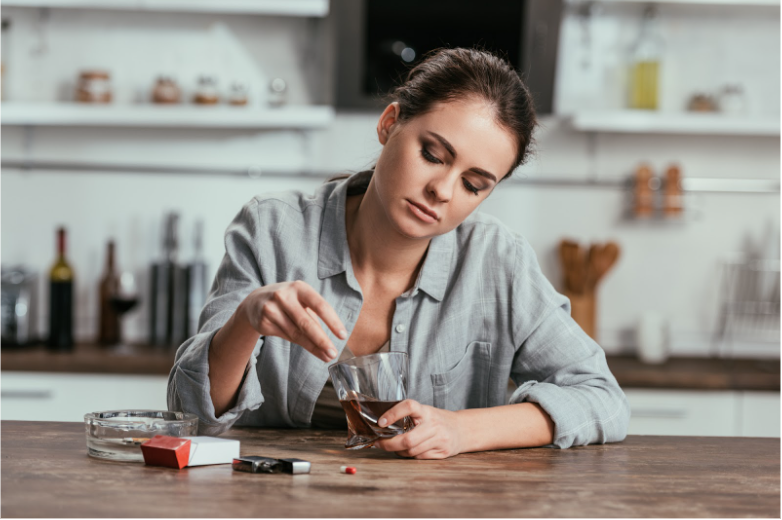
So how do you know if you or a loved one’s substance use has crossed the line into addiction? Here are some of the most common warning signs of substance use disorder:
1. Using More Than Planned
One of the earliest red flags is using more of a substance than you intended to. Maybe you told yourself you’d only have one drink but ended up drinking the whole six-pack. Or you planned to use a drug just once but found yourself going back for more and more.
This loss of control is a hallmark of addiction. Your brain gets so used to the flood of feel-good chemicals that it starts to crave the substance, overriding your best intentions.
2. Unsuccessful Attempts to Cut Back
Have you ever tried to cut back on your drinking or drug use but just couldn’t seem to make it stick? Maybe you wake up every morning vowing to quit, only to find yourself using again by nighttime.
Difficulty cutting back is another big warning sign. It shows that the addiction has taken hold and is starting to call the shots. Even if you want to stop, your brain has been hijacked and makes it feel impossible.
3. Spending Lots of Time & Energy Using
Take a look at how you spend your days. Do your thoughts constantly revolve around the next time you’ll be able to drink or use? Do you spend tons of time planning how to get the substance, using it, and then recovering from the effects?
As addiction grows, it tends to consume more and more of your life. The substance becomes your top priority, pushing other things you care about to the sidelines. This is one of the key symptoms of substance use disorder.
4. Neglecting Responsibilities
Has your job performance started to slip because of your substance use? Are you missing classes or deadlines? Neglecting your kids or your household duties? Letting loved ones down and relationships fall apart?
When you’re battling addiction, it’s easy for responsibilities to fall by the wayside. The compulsion to use trumps everything else, even the most important parts of your life.
5. Dangerous Use
Substance use becomes especially concerning when it puts you in harm’s way. Some examples of dangerous use include:
- Driving under the influence
- Having unprotected sex
- Using dirty needles
- Combining multiple substances
- Using to the point of passing out
The more risky behaviors stack up, the more likely it is that there’s a serious problem at play, particularly when it comes to signs of substance abuse in adolescence.
6. Social & Legal Issues
As addiction escalates, it’s common for people to start having troubles with friends, family, coworkers, or even the law. You might:
- Get in fights with loved ones about your substance use
- Lose friends or damage relationships
- Face problems at work like warnings, demotions, or firing
- Get in legal hot water for things like possession, DUIs, or theft
Substance use disorders have a way of touching every corner of your life as they progress. When your social world and standing are crumbling, it’s a glaring sign that addiction has taken over.
7. Tolerance & Withdrawal
Finally, as substance use disorders get more severe, you’ll start to see the hallmark symptoms of tolerance and withdrawal:
- Tolerance: Over time, you need more and more of the substance to get the same effects. Your usual dose just doesn’t do it for you anymore.
- Withdrawal: When the substance starts to wear off, you feel awful. Depending on the drug, withdrawal can involve symptoms like nausea, shaking, headaches, or even seizures.
Tolerance and withdrawal are surefire signs of addiction. They mean your brain and body have grown dependent on the substance to function.
Of course, not everyone will experience all of these symptoms. Addiction can look different for different people. But if you’re noticing several of these signs in yourself or someone you care about, it’s worth taking a closer look.
Other Physical Signs & Symptoms
In addition to the behavioral and psychological symptoms discussed above, substance use disorders can also cause a range of physical symptoms. Some common physical signs of substance abuse include:
- Bloodshot eyes or dilated pupils
- Changes in appetite or sleep patterns
- Sudden weight loss or gain
- Deterioration of physical appearance and grooming habits
- Unusual smells on breath, body, or clothing
- Tremors, slurred speech, or impaired coordination
These physical symptoms can vary depending on the specific substance being abused. For example, stimulants like cocaine or methamphetamine may cause dilated pupils, hyperactivity, and rapid heartbeat, while opioids like heroin may cause constricted pupils, drowsiness, and slowed breathing.
It’s important to note that the presence of these physical symptoms alone doesn’t necessarily mean someone has a substance use disorder. Many of these signs can have other causes. However, when combined with the behavioral and psychological symptoms discussed earlier, they can paint a clearer picture of a potential problem.

